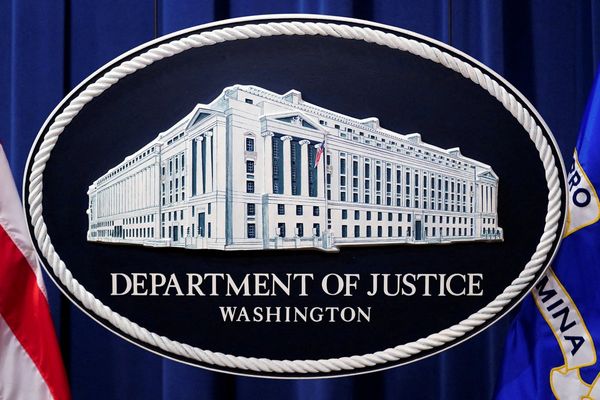
JAKARTA, Indonesia - The people of Indonesia have embarked on a pivotal moment in their democratic history as polls have opened for the selection of a new president and legislature. With more than 260 million citizens, Indonesia's democracy stands as the third-largest in the world, making this election of significant importance not only for the nation but also for the global community.
As the polling stations open their doors, Indonesians are eager to exercise their right to vote, an essential element of any robust democratic society. This election will determine the future leadership of the country, shaping policies and developments that will impact the lives of millions of Indonesians.
Incumbent President Joko Widodo, popularly known as Jokowi, is seeking re-election for a second term. His opponent is Prabowo Subianto, a former general, who lost to Jokowi in the previous 2014 election. The competition between these two candidates has been intense, with both offering different visions and approaches to address the nation's most pressing issues.
Indonesia faces numerous challenges, including economic inequality, poverty eradication, corruption, and environmental sustainability. The outcome of this election will determine how these challenges will be prioritized and tackled over the next five years.
During his first term, President Jokowi focused on infrastructure development, such as building roads, airports, and ports. His administration also aimed to improve access to healthcare and education, particularly in the remote areas of the vast archipelago. Meanwhile, Prabowo campaign has gravitated towards issues of nationalism, economic self-reliance, and job creation.
In addition to choosing a president, Indonesians are also selecting members of the legislature. There are thousands of legislators running for a seat in the People's Consultative Assembly (MPR), the upper house Regional Representative Council (DPD), as well as the regional and district assemblies.
The voter turnout is expected to be high, reflecting the enthusiasm and commitment of the Indonesian people towards shaping their nation's future. However, concerns around voter irregularities and potential provocations persist, both of which could undermine the integrity of the democratic process.
To ensure a fair and transparent election, the Indonesian government, along with international organizations and observers, have put in place stringent measures to manage the electoral process effectively. These efforts include deploying thousands of security forces to guarantee the safety of voters and to prevent any potential disturbances.
The election results, which are expected to be announced in May, will have far-reaching implications for not only Indonesia but also its neighbors and the global community at large. Indonesia's stability, economic growth, and regional influence play a crucial role in Southeast Asia and have ramifications for international politics and trade.
As the people of Indonesia exercise their democratic right, the world watches with anticipation and hope for a peaceful and fair election. Regardless of the outcome, this election signifies the strength and resilience of Indonesia's democracy and its commitment to fostering progress and prosperity for all its citizens.







